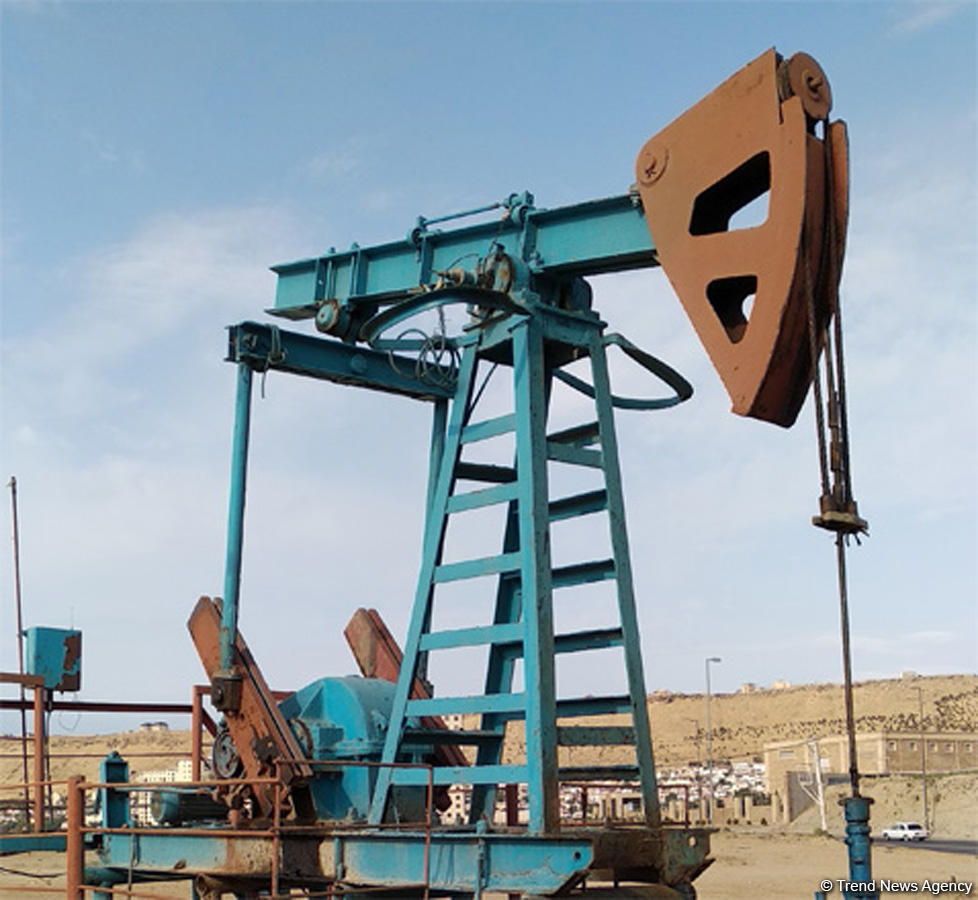
Concerned aviation experts have again raised concern about the precarious financial situation of the Nigerian Airspace Management Agency (NAMA) over the 50 per cent deduction in its generated revenue by the Federal Government. The Secretary-General of the National Association of Aircraft Pilots and Engineers (NAAPE), Olayinka Abioye, who spoke to New Telegraph at the weekend, said union leaders in the aviation industry would again meet with the Minister of Aviation and Aerospace Development, Mr Festus Keyamo, when he comes back from his overseas trip on how to prevail on him to save the agency from financial dire straits that may hamper the effective implementation of its core responsibility. Aside from that, an airline operator had urged the airspace manager to adjust fares in the face of the existential threat it faces.
Abioye, who disclosed that concessions had been made to the agency, however, declined to disclose what the concessions were, just as he maintained that the current navigational charges by the agency wrre no longer sustainable given the high cost of running the NAMA equipment. According to him, “we feel for all the agencies because we are running a very sensitive sector that requires funding all the time. Equipment can break down any time and you need to go to the store and just bring it some more.

If you cannot do that, you need to place an order, get approvals, place an order and buy fresh. We are on top of the game.” Backing the agency to adjust navigational charges, Abioye carpeted the airlines that initially protested the rise in navigational charges, explaining that it amounted to insincerity on the part of the carriers that have raised airfares more than five times in the last one year to over 300 per cent while insisting that NAMA maintained the rate it has been charging since 2008 in the face of high inflation to goods and services.
He said: “If you are operating a system since 2008 at a particular cost and given our current financial situation in Nigeria, our economic situation, definitely your tariff should be reviewed. That is definite yes. I worry that lack of collaboration, which is the essence of what we just discussed today, has been part of the problem.
“We want to see a situation where the CEO, we call the unions, we are a powerhouse. We are friends of government, we are friends of management, we are friends of society. We are a pressure group.
We have what it takes to help every management to get things done. This is not about us, it is about the system. I am very much concerned about the growth of NAMA, financially and otherwise.
The system must function. “You know that in Nigeria, we are not truthful to ourselves. I see airline operators as partners with the Nigerian government.
They are providing services. They have to make their profits. And they are also operating under certain challenges.
When we collaborate, when there is a synergy between the Ministry of Aviation, the airlines and agents of government within the sector, things can be better. “However, for as long as airlines continue to increase their prices, you cannot stop any of these agencies from increasing their tariffs. If our services are not good, you cannot even fly.
“If we have 20-year-old equipment that needs to be replaced, it will cost a lot of money to replace it. It is like them changing parts of airlines’ equipment and things like that. There must be a balance, there must be understanding.
One of the things I would like to encourage is that there should be regular consultations, midwifed by the NCAA between airline operators and the agencies, particularly FAAN and NAMA. “They must be talking among themselves. This is what we intend to do including the airlines who just willy-nilly increase their t-fare as they wish.
Ordinarily, there is a rule that you must get approval from the NCAA before you do that. But these days, they just do it and they don’t care what happens thereafter. All these things should stop.
”.










